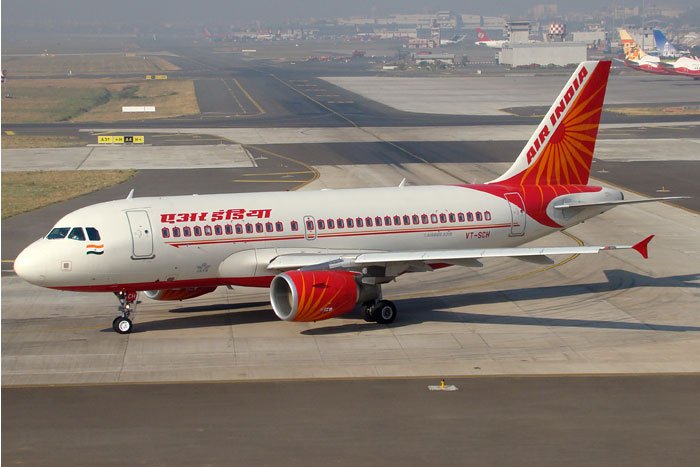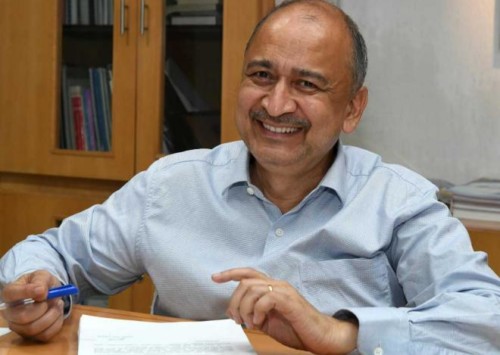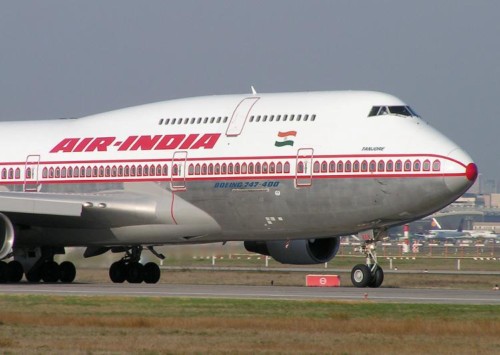Air India’s fate to be sealed?
Following the long disinvestment procedure of the national carrier, it is reported that the government will soon float a request for proposal (RFP) for selection of transaction adviser, legal adviser as well as asset valuer for the proposed Air India disinvestment.
The Cabinet Committee on Economic Affairs (CCEA), the apex body for the formulation of government’s economic policies, had on June 28 granted its in-principle approval for considering strategic disinvestment of Air India and five of its subsidiaries, which include Air India Express as well as engineering and ground handling units.
“The announcement of RFP for the appointment of a transaction adviser, a legal adviser and asset valuer is expected to be made soon for disinvestment of Air India,” an airline official said.
Though the government has not yet set any timeline for disinvesting its stake in the loss-making flag carrier, the whole process is expected to be completed in 12 months to 18 months time. “The announcement of the RFP will set in motion the stake sale process,” the official said.
A group of ministers, headed by the finance minister Arun Jaitley, has been mandated to decide on the treatment of unsustainable debt of Air India, waiving off certain assets to a shell company, spinning off and selling stakes in three profit-making subsidiaries and finally setting the quantum of disinvestment, and eligibility criteria for the bidders.
The Disinvestment and Privatisation chronology
Reports dated September 8, read that civil aviation minister, Ashok Gajapathi Raju stated that the Indian government is planning to sell a stake in its state-run flag carrier while it is also considering options such as keeping out at least a part of its USD 8 billion of debt to help lure investors. He also said that Air India’s assets such as real estate could be spun off into a separate company. The government is open to all options, including allowing foreign investment in the carrier, stated the civil aviation minister.
In a later report, it was stated that the government may consider revising the FDI norms in order to invite more takers and increase participation of foreign airlines in the sale of Air India. The later reports also stated that InterGlobe Enterprises Ltd., the Indian conglomerate that operates IndiGo airlines bid for Air India’s international operations. The first phase of auctions was concluded on August 31.
The status of allowing foreign airlines and aviation groups in the national carrier has long been debated. Existing rules allow foreign airlines to own as much as 49 pc in an Indian airline, with the exception of Air India.
A recently surfaced report states that India is likely to change rules to allow foreign airlines to bid for Air India Ltd as long as they have a local joint venture with an Indian partner. The govt expects that the change of rules will make the bidding competitive, which has already attracted InterGlobe Aviation Ltd and more recently, Tata Group. To ensure Air India does not face any issues, the government will retain a clause that says Air India cannot be 100 pc foreign-owned.
Air India had total debt of about INR 488.77 billion at the end of March 2017, of which about INR 173.6 billion were aircraft loans and INR 315.17 billion were working capital loans.
IATA chief Alexandre de Juniac believes that there is no need for the government to own stake in the carrier. Supporting the decision to sell the stake in the debt-laden airline, he said the government has to find, “competitive conditions to give Air India the right weapons to compete against others”.
In the meanwhile, a parliamentary panel recently witnessed contrasting opinions among ruling and opposition members regarding Air India’s privatisation and disinvestment. All the trade unions strongly opposed the decision to privatise Air India, while some members wanted to know why profitable ventures like Air India Express are being sold.
Reportedly, there were also differences of opinions among the members, with some supporting and the others opposing the disinvestment of Air India. According to a PTI report, even though BJP members were in support of the Air India disinvestment decision, party member Shatrughan Sinha voiced his opposition to the plan.
Launched by JRD Tata as Tata Airlines in 1932, its name was changed to the Air India in 1946. The government decided to take it over in 1953. Air India, which has a debt burden of more than INR 520 billion, is staying afloat on tax-payers money.
The employees’ unions at Air India are opposed to the privatisation of the two government-run entities. Air Corporation Employees Union (ACEU), which is a grouping of Air India’s non-technical staff and comprises nearly 8,000 of the total 21,137 employees, has termed the decision as ‘arbitrary’.














